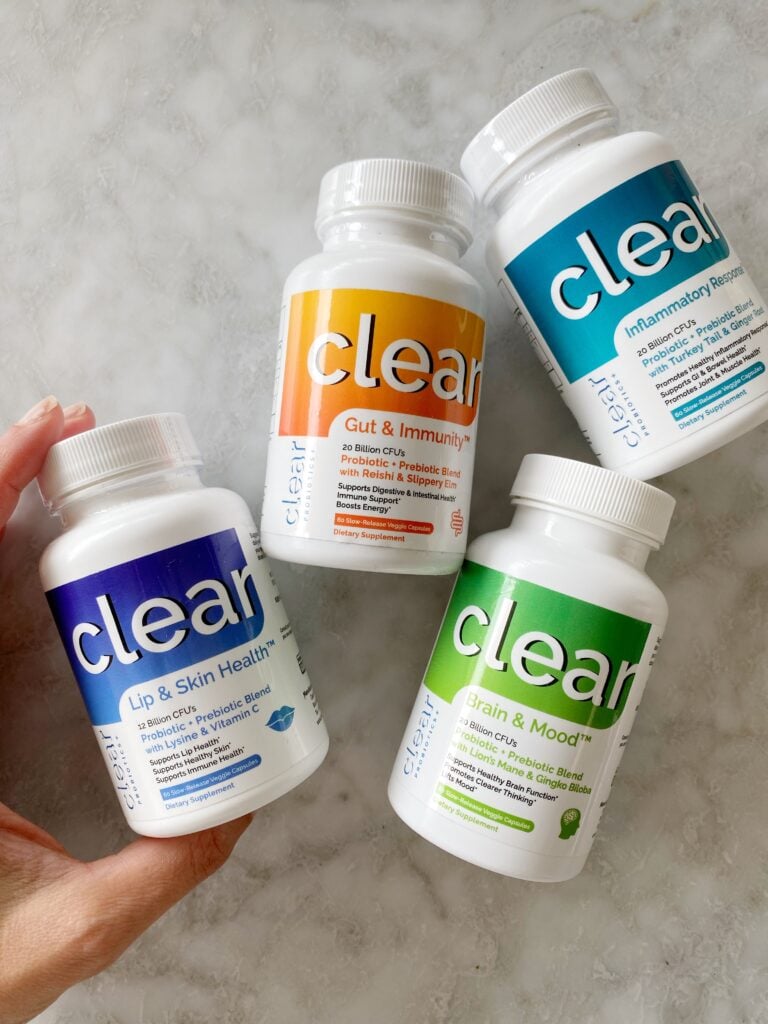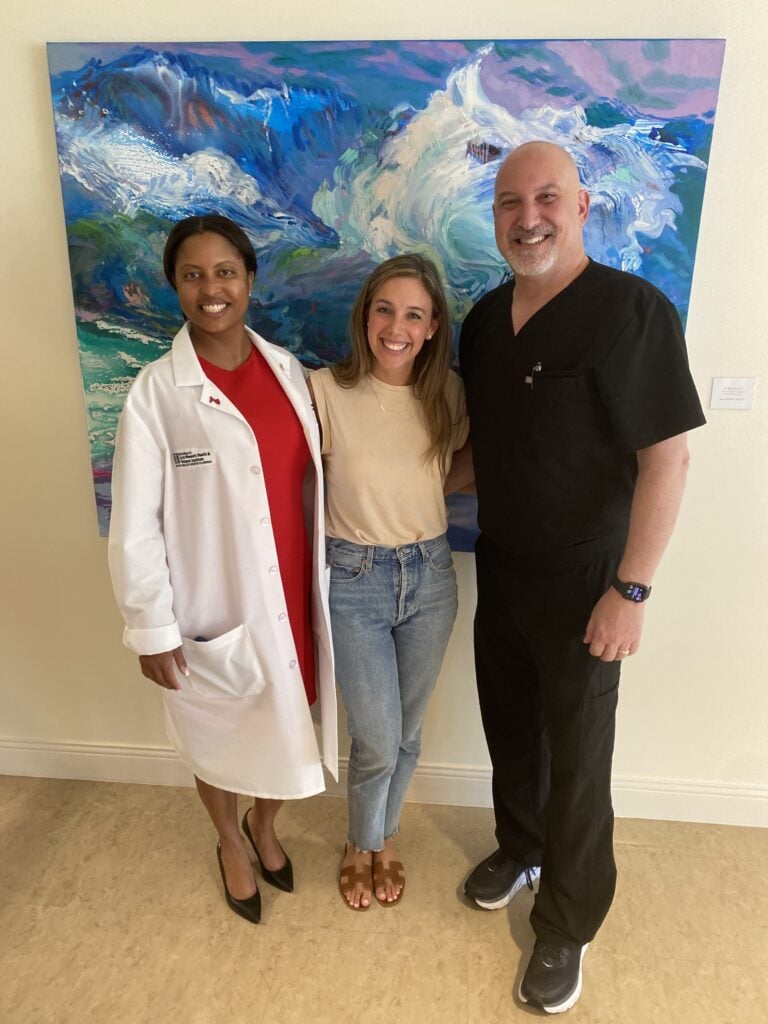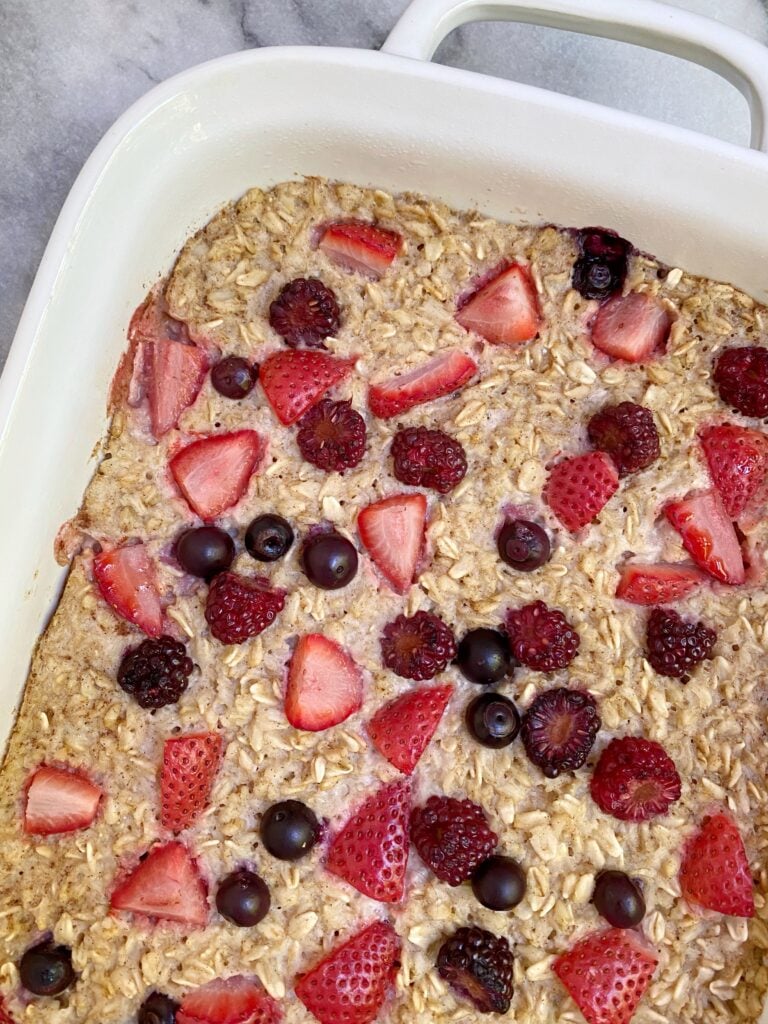Having a healthy relationship with food
I recently read an article published on Baptist Health South Florida’s website, ‘When Do Eating Habits Become a Disorder?‘. This article really got me thinking. At the same time, I read this article I also happened to be learning about disordered eating at my nutrition school that I’m currently attending (I go to IIN, the Institute of Integrative Nutrition).
Disordered eating is often not discussed enough, and people often feel too much shame to seek help. I need to bring up this topic, as it affects millions of people (both men and women) in our country.
When people hear ‘eating disorder,’ they automatically think of ‘anorexia’ or ‘bulimia.’ What people don’t realize is that there are so many other forms of disordered eating. You probably think that anorexia or bulimia is the most common eating disorder, but I learned in nutrition school that binge eating disorder is the most common eating disorder, which impacts millions of Americans.
Disordered eating can also be an unhealthy obsession with focusing on ingredients or having anxiety about eating out or eating with others. Obsessions with your weight or the scale are also unhealthy. Even just spending an abnormal amount of time obsessing over what you are or aren’t going to eat is disordered eating.
There’s also orthorexia, which is an unhealthy obsession with healthy eating. If you feel intense guilt or shame after eating something ‘unhealthy’ then that might be an issue. Often people suffering from orthorexia skip out on social gatherings where food is involved or dining out because it becomes too stressful for them. As you can see, this is an issue, as enjoying food with friends and family is meant to be enjoyable.
There was a time in my life that I thought 100% of the time I should eat the cleanest, healthy foods. Yes – everyone should be eating clean healthy foods, BUT it does not have to be 100% of the time. It is OKAY and NORMAL to indulge now and then. I used to get mad at myself if I had pizza or a cookie and think I really ‘messed up.’ I’m so proud of myself that now I know that having some pizza or ice cream is normal. If you never allow yourself foods like this, you’ll likely start to obsess over them.
I also believe that social gatherings around food or enjoying a meal out with friends is good for the soul. You should enjoy it and not stress. The stress about what you’re going to eat (or not eat) is worse for your body than just eating the damn pasta.
I’m a firm believer that you should try to fill your plate with mostly plants (vegetables). Also on your plate should be clean protein (grass-fed meat, wild-caught fish, pasture-raised organic chicken, or plant-based protein like chickpeas or lentils). In addition, I make sure I incorporate healthy fats in my diet from sources like avocado, nuts, olive oil, grass-fed butter, and ghee. I add carbohydrates that will fuel my body like sweet potatoes, quinoa, brown rice, etc. I also don’t limit the amount of fruit I eat – I see it as fueling my body with nutrients.
Now that I bring up fruit there is one pattern I’ve been seeing recently and that is people being scared of fruit. They think if they eat the fruit they are eating too much sugar. I believe that if you have a few servings of fruit per day, and it’s all-natural sugar unless you’re diabetic then I don’t see it being an issue. Of course, if you’re diabetic then you need to pay close attention to your sugar intake. Fruit is “nature’s candy” and a great way to satisfy your sweet tooth.
People have also become so scared of carbs in our society. It’s okay to enjoy carbohydrates that are unrefined and can help give your body fuel. Having a small portion of carbohydrates like sweet potato with your meal will give your body fuel.
To circle back on the article on ‘When Do Eating Habits Become a Disorder‘ it is SO important to seek help from a mental health professional if you think you are suffering from disordered eating – even if you don’t fall into a category like anorexia, bulimia or binge-eating. I also highly recommend reading the article on Baptist Health’s website as a great place to start.”






